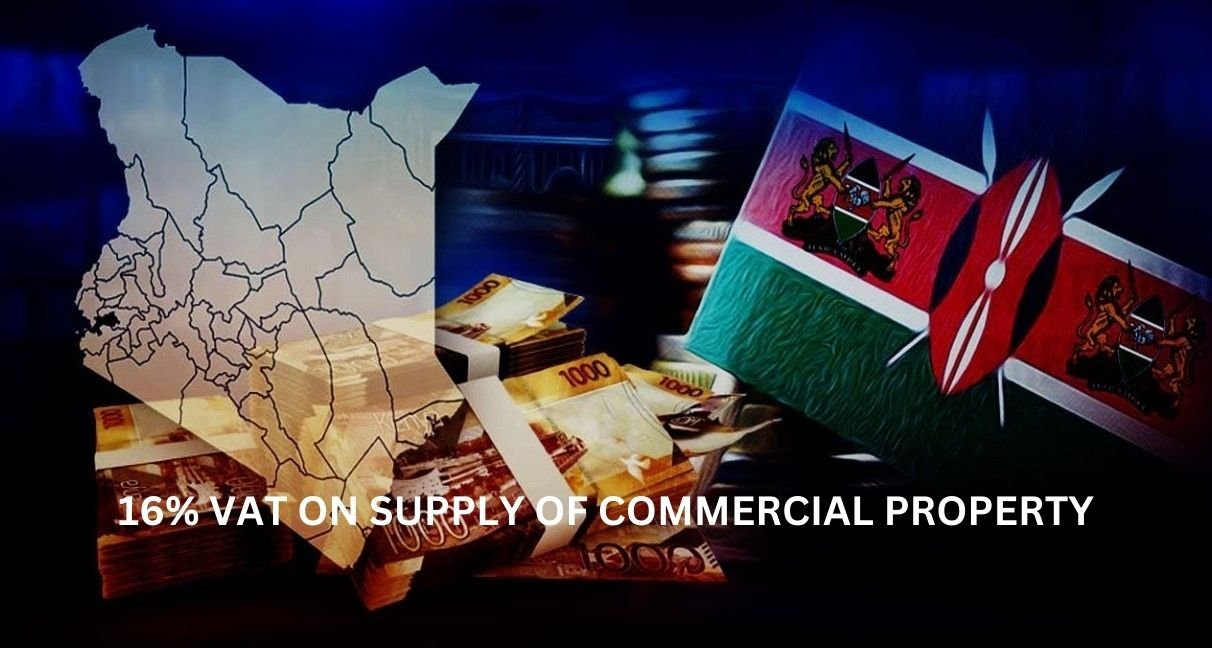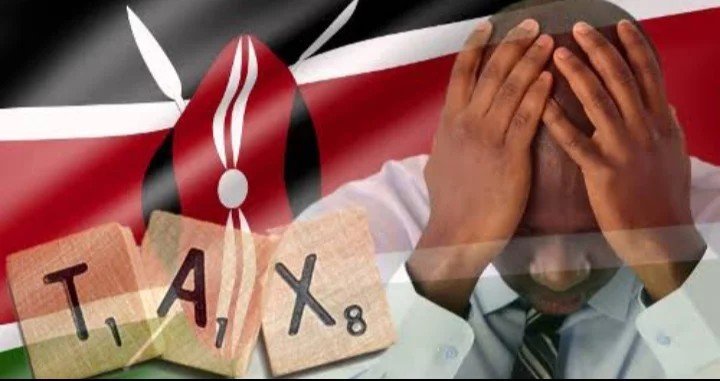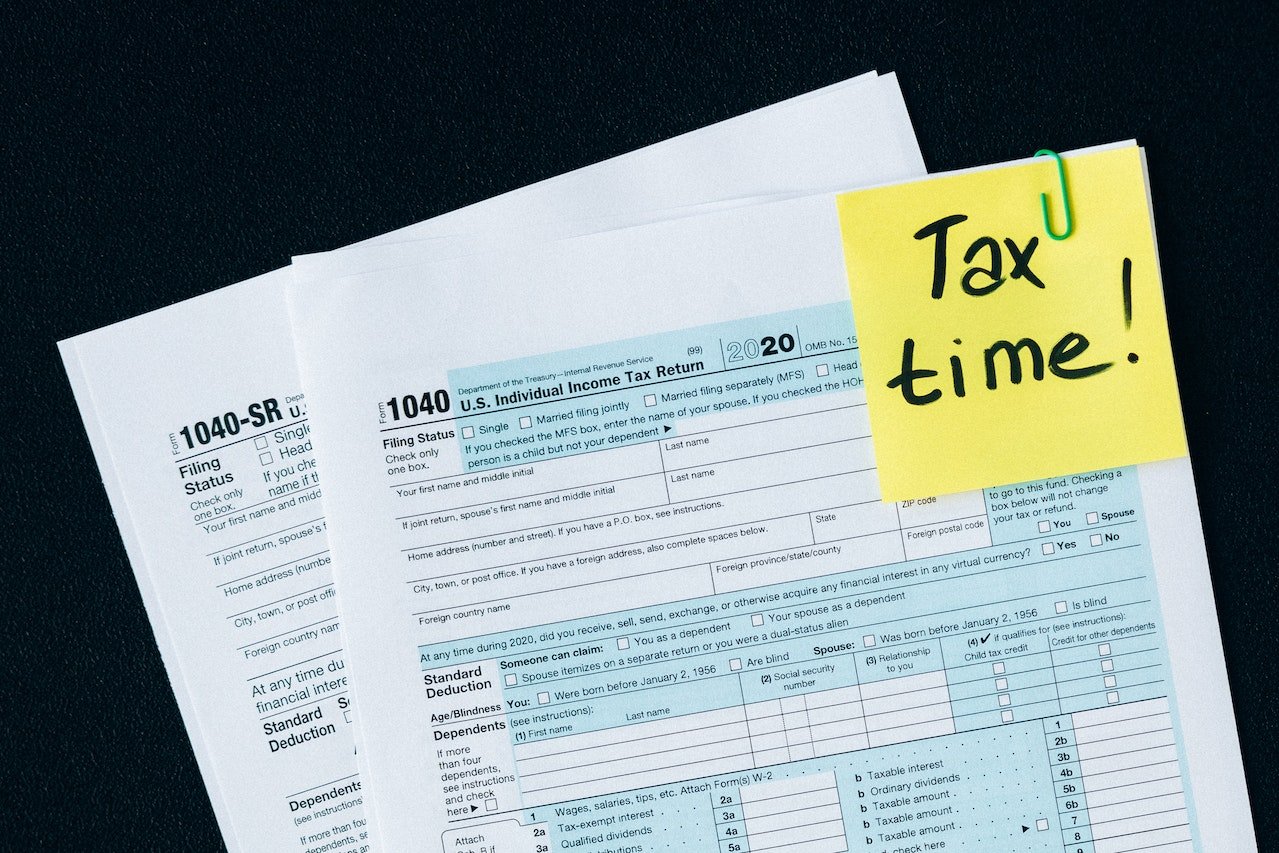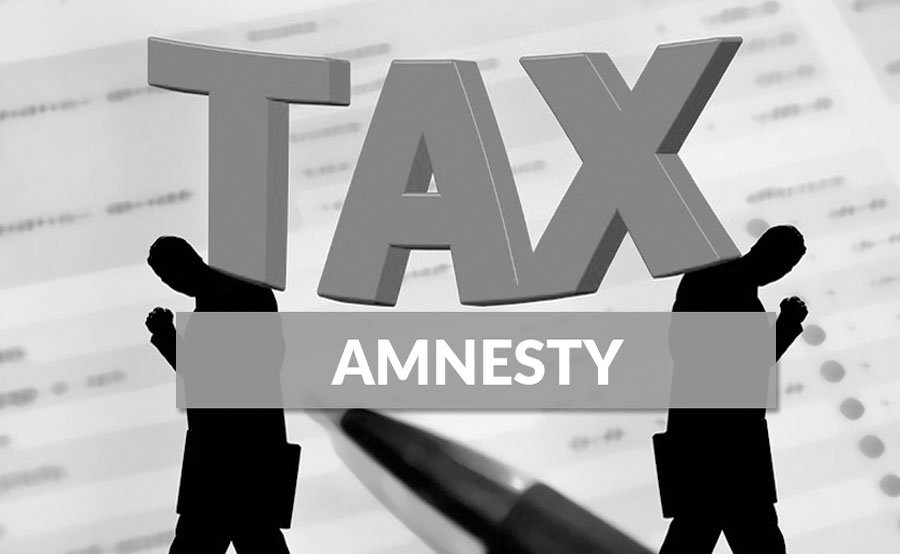
16% VALUE ADDED TAX (VAT) APPLICABLE TO SALE OF COMMERCIAL PROPERTY: KENYA
Review of Civil Appeal No. 65 of 2019: Kenya Revenue Authority V David Mwangi Ndegwa
[Judgement delivered by Court of Appeal on 21st March 2025]
In this Appeal David Mwangi Ndegwa purchased property known as Kiambu Town Block 11/74, including the buildings on it, from Standard Chartered Bank Kenya Ltd on 11th December 2013 for Kshs. 70,000,050.00. However, Kenya Revenue Authority (the Appellant) demanded that David Mwangi Ndegwa pays an additional Kshs. 11,200,008.00, which represented 16% VAT on the purchase price. David Mwangi Ndegwa made the payment under protest and filed the case at the High Court seeking to quash KRA’s decision to impose VAT on the transaction.
The main issue in the appeal was the interpretation of section 5 of the Value Added Tax Act, 2013 (VAT Act) in relation to paragraph 8, Part II of the First Schedule of the same Act. According to David Mwangi Ndegwa, no value added tax (VAT) was chargeable on the sale of land, whether the premises thereon were residential or commercial. On the other hand, KRA stated that paragraph 8 of Part II of the First Schedule to the VAT Act was clear and unambiguous and contented that the said provision exempts from VAT only land and residential premises, but not commercial premises.
In determining the case, the High Court concluded that David Mwangi Ndegwa purchased “land,” which includes the surface, subsurface rock, and the airspace above the surface. Therefore, the transaction was exempt from VAT under paragraph 8 of Part II of the First Schedule of the VAT Act. It also found that paragraph 8 was not clear and unambiguous in light of the definition of land in the Constitution. The High Court thus concluded in favor of David Mwangi Ndegwa that no VAT was chargeable on the sale of land, regardless of whether the property was residential or commercial and ordered for the refund of the sum paid on account of VAT.
Aggrieved by the High Court decision, KRA presented the appeal to the Court of Appeal. The appeal centers on the interpretation of paragraph 8 of Part II of the First Schedule to the VAT Act, specifically whether “land” and “premises” are synonymous, and the implications of the mention of “land” and “residential premises” while excluding “commercial premises.”
The key questions for determination included whether the term “land” also covers commercial and residential premises, and what the impact of the specific exemption of residential premises from VAT is. The Court of Appeal needs to determine if the exclusion of commercial premises from the exemption creates ambiguity requiring a strict interpretation. The appeal examines whether VAT can be levied on commercial premises in light of these ambiguities.
In rendering its final decision, the Court of Appeal had this to say:
The interpretation of statutes aims to establish the legislature’s intent behind the provision in question. In Kenya Airports Authority v. Otieno Ragot & Co Advocates, the Supreme Court emphasized that interpreting statutes involves discerning the framers’ intention through the words used. Similarly, in Law Society of Kenya v. Attorney General & another, the Court highlighted that the language of the provision is key to understanding legislative intent, and the words must be taken literally unless a clear contrary intention is expressed. The guiding principle in interpretation is to adhere to the language used in the statute unless there is a specific indication to the contrary.
Tax legislation, like penal laws, must be construed strictly, and no attempt should be made to stretch or strain the words to bring a taxpayer within the law’s application. If tax laws are ambiguous, they should be interpreted in favor of the taxpayer. In Cape Brandy Syndicate v. Inland Revenue Commissioners, it was emphasized that only the clear language of the law should be considered, with no room for presumptions or equity. Similarly, in Russell v. Scott, it was asserted that a taxpayer should not be taxed unless the law explicitly imposes the tax, regardless of the perceived intention or spirit of the statute.
The principles of strict interpretation of tax legislation have been consistently applied in various court decisions, reinforcing that tax laws must be applied based on clear and unambiguous language. These decisions emphasize that any ambiguity in tax legislation should be construed in favor of the taxpayer. In the case before the Court, it was clarified that the legislature has the authority to define “land” differently in tax statutes like the VAT Act, even if the definition differs from that in Article 260 of the Constitution. The court emphasized that neither the parties nor the courts should attempt to force the statutory definition to align with the constitutional definition of land.
The Court of Appeal found that the High Court erred in interpreting the VAT Act by holding that “land” includes buildings erected on it. The High Court had also concluded that paragraph 8 of Part II of the First Schedule to the VAT Act was ambiguous, due to the constitutional definition of land, which includes both commercial and residential premises. However, the Court of Appeal disagreed, asserting that the definition of land in the Constitution should be applied contextually and that the VAT Act can define land differently. The Court of Appeal concluded that there was no ambiguity in paragraph 8 of Part II of the First Schedule to the VAT Act.
On whether the supply of commercial premises is exempted from VAT, the Court of Appeal emphasized that any ambiguity in the statute should be resolved by adopting the ordinary meaning of the words used, without straining them, as seen in previous cases. Having concluded that there was no ambiguity in paragraph 8 of Part II of the First Schedule to the VAT Act, and that the High Court erred in its finding to the contrary, KRA (the appellant) lawfully levied VAT on the transaction, the refund order was not justified. The court allowed KRA’s appeal, set aside the High Court’s judgment, and dismissed David Mwangi Ndegwa’s suit. KRA was also awarded costs of the suit and the appeal.
At A.O. WANGA ADVOCATES we are happy to assist you in all your tax matters. Please contact us on info@aowangaadvocates.com or +254794600191
All rights reserved for A.O. WANGA ADVOCATES
www.aowangaadvocates.com






Leave a Reply